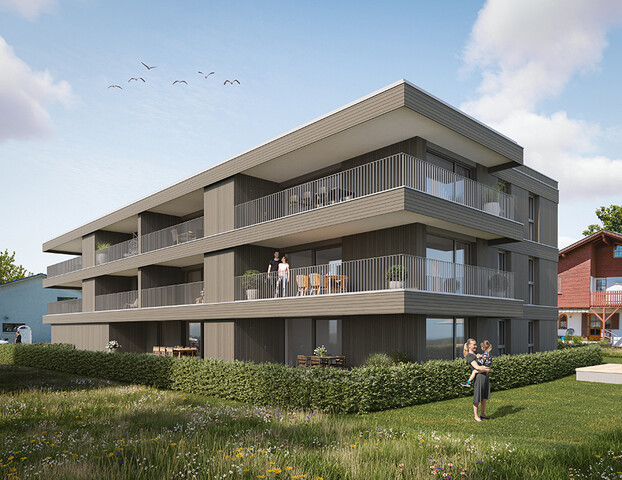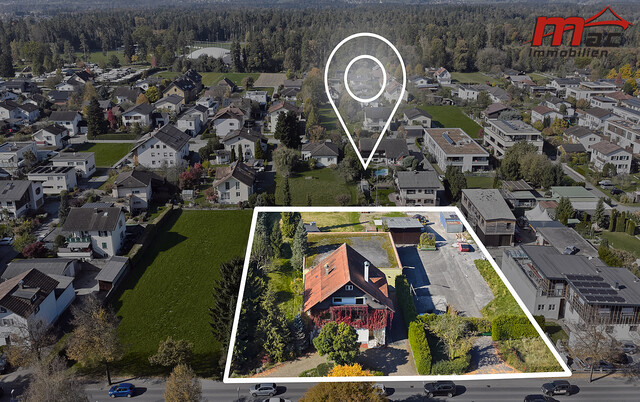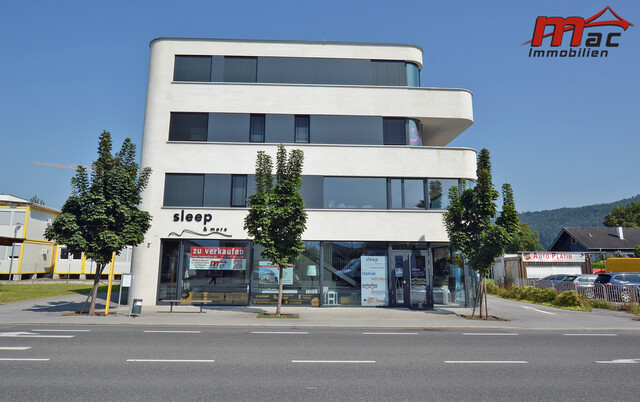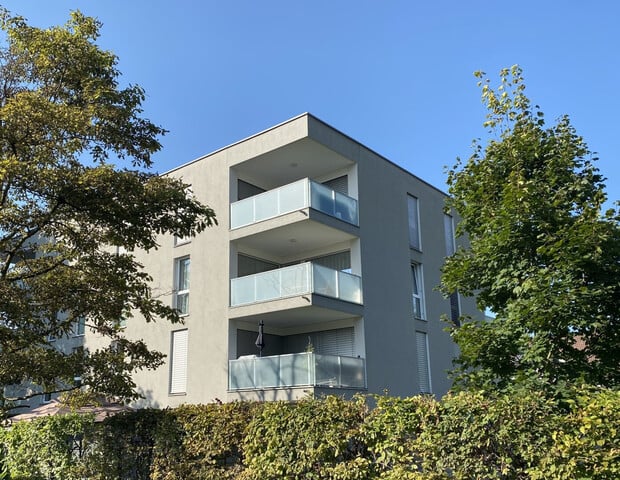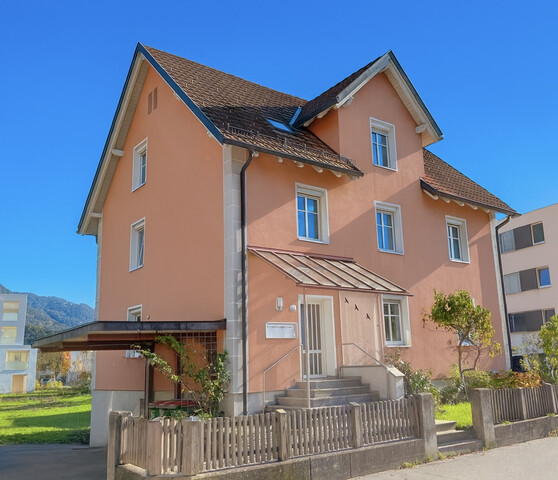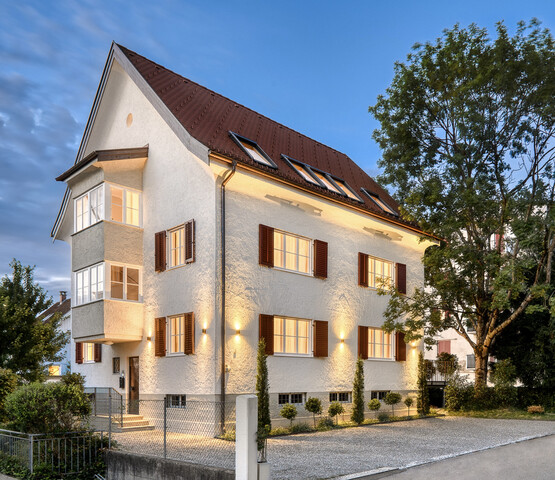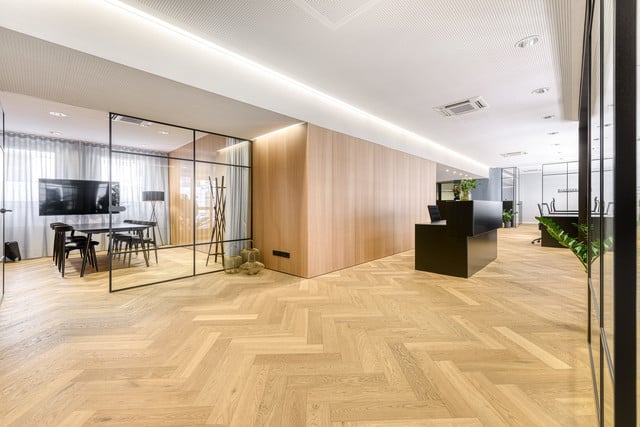Network Operators Criticize Broadband Expansion in Austria

Investments amounting to 2.4 billion euros have been made in broadband expansion, yet only about eight percent of broadband connections are based on fiber optic technology. At the same time, household costs have increased significantly. The infrastructure built was not utilized by consumers, resulting in insufficient value creation.
Broadband Expansion: Costs of Up to 43,000 Euros Per Household
There are far more tax-efficient means for broadband expansion, such as simpler approval procedures, said the three heads of the major Austrian network operators on Thursday. The announced excavation atlas is still not available. Just on Wednesday, the federal government announced a broadband offensive. For broadband expansion, 40 million euros per year will be made available for the years 2027 to 2029.
The criticism of the federal government's broadband offensive is not new. Almost a year ago, the initiative launched under the then telecommunications minister Elisabeth Köstinger (ÖVP) was heavily criticized, citing figures from the regulatory authority RTR. Costs of up to 43,000 euros per household were mentioned. The "Kurier" at the time cited the Lavanttal as an example, where 2,163 households received a connection to the broadband network. Taxpayers subsidized the 27-million-euro project with almost 14 million euros, providing each household with around 6,400 euros in support from the state treasury. In March of this year, the interest group Open Fiber Austria criticized that broadband expansion in Austria was progressing at a snail's pace. The country lags far behind Romania and Bulgaria, but at least ahead of the Czech Republic and Germany.
900 Million Euros Annually in Network Expansion
The heads of A1, Magenta, and "Drei" also emphasized the great successes in network expansion in Austria on Thursday. Under the umbrella of the "Digital Offensive Austria" (DOÖ), they explained to journalists that they have invested up to 900 million euros annually in the expansion and modernization of digital infrastructure over the past ten years. And with "measurable success." "Thanks to the total investment of around 5.7 billion euros, of which about 90 percent directly into the technical infrastructure, consumers and companies today have one of the most powerful networks in Europe. The 5G coverage in populated areas is already at 98 percent, thus achieving the EU target for 2030. Austria is also among the countries with the lowest end-user tariffs in Europe," emphasized Thomas Arnoldner (A1), Thomas Kicker (Magenta), and Rudolf Schrefl ("Drei").
Mobile Communications as an Inflation Dampener
Even in 2025, mobile phone prices would again have demonstrably contributed to dampening inflation, as referenced by figures from Statistics Austria. However: "Our beautiful country of mountains means high investment costs for digital infrastructure. These are 62 percent higher in Austria than the EU average," calculated Magenta CEO Thomas Kicker. And Rudolf Schrefl, CEO of "Drei", added: The telecommunications industry generates around eleven billion euros in value creation annually and directly or indirectly secures the employment of every 50th worker in the country." The industry's value creation is almost four times higher than that of agriculture.
Network Operators Fear Overregulation and Lack of Legal Certainty
But that was the end of the good news. Instead of a clear political and regulatory commitment to strengthening the investment location, telecom infrastructure operators would be confronted with measures "that signal the opposite." Namely with "overregulation, lack of legal certainty, and bureaucratic hurdles." "We have a paradoxical situation in Austria: Those who create the most value in Austria - fiber optic developers and mobile operators - are the most regulated. Those who do not operate infrastructure and rent into foreign networks are hardly regulated. And global tech giants, who pay no taxes and invest nothing in the location, evade any regulation. That defies all logic," said Thomas Arnoldner, Group Deputy CEO of market leader A1.
He identifies a contradiction between political announcements and regulatory practice. "The regulatory authority RTR reviews all tariff provisions without creating legal certainty. Even frequency auctions contain clearly investment-hostile conditions, although there is no reason for them," he criticized. In addition, approval procedures would often take up to 24 months. Together, A1, Magenta, and "Drei" demanded on Thursday "a clear commitment to private sector investments in critical infrastructure, a stop to investment-hostile regulatory conditions, and effective deregulation instead of lip service."
Mobile Communications in Austria in Foreign Hands
A1, Magenta, and "Drei" are all under the control of foreign corporations. The majority of the once state-owned A1 Telekom Austria is held by the Mexican America Movil, with the Austrian state holding a 28 percent stake. Magenta is part of Deutsche Telekom, and "Drei" is owned by the Chinese conglomerate Hutchison.
(APA/Red)
This article has been automatically translated, read the original article here.
Du hast einen Hinweis für uns? Oder einen Insider-Tipp, was bei dir in der Gegend gerade passiert? Dann melde dich bei uns, damit wir darüber berichten können.
Wir gehen allen Hinweisen nach, die wir erhalten. Und damit wir schon einen Vorgeschmack und einen guten Überblick bekommen, freuen wir uns über Fotos, Videos oder Texte. Einfach das Formular unten ausfüllen und schon landet dein Tipp bei uns in der Redaktion.
Alternativ kannst du uns direkt über WhatsApp kontaktieren: Zum WhatsApp Chat
Herzlichen Dank für deine Zusendung.
